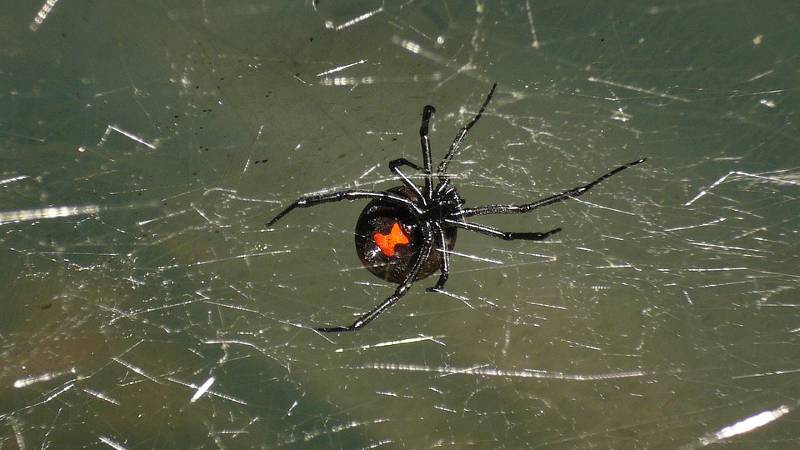Widow spiders, found in various parts of the world, can deliver venomous bites that cause a painful and potentially dangerous condition called latrodectism. While horse-derived antibodies are currently used to treat severe cases, researchers in Germany have developed the first human antibodies capable of neutralizing black widow venom in cell-based tests. Their work, published in the journal Frontiers in Immunology, marks an initial step towards replacing the problematic horse sera with a safer and more consistent treatment option.
The venom of widow spiders contains a potent neurotoxin, alpha-latrotoxin, that attacks the nervous system. Bites can lead to intense pain, high blood pressure, headaches, nausea, and other distressing symptoms. In Europe, the range of the black widow (Latrodectus tredecimguttatus) has been expanding due to climate change, heightening concerns about the need for effective treatments.
Drawbacks of Current Antivenom Spur Search for Alternatives
Many patients who suffer black widow bites go untreated because the existing antivenom, derived from horse proteins, can trigger adverse reactions. These include serum sickness and severe allergic responses, as the animal proteins are foreign to the human body. The horse-derived antivenom also consists of an undefined mixture of antibodies that varies between batches, leading to inconsistent quality. Despite these shortcomings, it remains the most effective treatment currently available.
“We set out to replace horse sera with recombinant human antibodies to get a better product for the patients and to avoid the use of horses for serum production,” said senior author Prof. Michael Hust, a biologist at the Technical University of Braunschweig.
Fishing for Antibodies with Phage Display
To create human antibodies against black widow venom, the researchers employed an in vitro technique called antibody phage display. This method involves screening vast libraries containing over 10 billion unique antibody genes to “fish out” those that bind to the desired target – in this case, the widow spider toxin.
The team generated 75 antibody candidates, 45 of which showed the ability to neutralize alpha-latrotoxin in cell culture. One antibody, dubbed MRU44-4-A1, exhibited particularly strong neutralizing activity. These engineered antibodies can be reliably reproduced with consistent quality because their DNA sequences are known. Developing treatments from human antibodies would also reduce the need to immunize and bleed horses to produce anti-toxins, improving animal welfare.
However, the researchers were surprised to find that only two of their antibodies were effective against the venom of other widow spider species. “To develop a potential treatment for all latrotoxins, and not only the toxin of the European black widow, we would need further improved cross reactive antibodies,” Hust noted.
The antibodies developed in this study are promising candidates for creating therapeutic treatments, but additional preclinical testing is needed to evaluate their effectiveness before human trials can begin. The researchers plan to follow a similar path as they did with another project that successfully developed human antibodies against diphtheria.
“This is especially important because with the invasion of the spiders into new habitats, the incidence of latrodectism and the need for therapeutic alternatives might increase over the next years,” Hust said.


